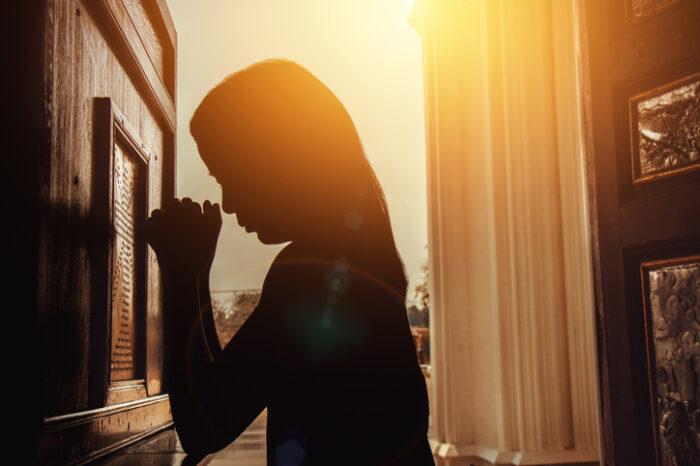
The Vatican has told Church leaders in Australia that the Seal of Confession can never be violated.
The comments followed upon the August 2018 response of the Australian Catholic Bishops to Royal Commission on Institutional Responses to Child Sexual Abuse.
In its final report, the Commission recommended that the Australian Bishops request that the Vatican consider introducing voluntary celibacy for clergy and end the Seal of Confession for cases of abuse, as well as requiring that abusers confess to the police before sacramental absolution can be given.
In its comments, the Vatican reaffirmed that “a confessor is prohibited completely from using knowledge acquired from Confession to the detriment of the penitent even when any danger of revelation is excluded.”
“However, even if the priest is bound to scrupulously uphold the seal of the confessional, he certainly may, and indeed in certain cases should, encourage a victim to seek help outside the confessional or, when appropriate, to report an instance of abuse to the authorities,” the document said.

The UK actress Sally Phillips, whose son Olly has Down Syndrome, has criticised Amazon, after the website was to used to sell Down Syndrome “hatewear” T-shirts.
She said: “Eugenic ideas are really taking hold — the idea that there is this subclass of humans and it is better we get rid of them. If you have a world view in which you regard academic intelligence or money-making possibilities as the ultimate goal . . . then you feel perfectly justified in saying these things.
“It would break my heart if Olly saw anyone wearing those T-shirts.”
Meanwhile, a petition to ban Amazon sellers from selling the T-shirts has been signed by more than 5,000 people.
“Many people from the Down Syndrome Community have contacted Amazon time and time again to remove product inciting Hate speech against people who have Down’s syndrome,” the petition reads.

Vicky Phelan has appealed to politicians to back an assisted suicide Bill to be introduced in the Dáil tomorrow. The Bill defines ‘terminal illness’ very broadly.
Her message to politicians, she said, was: “Allow us to die a peaceful death with dignity.
“Palliative (care) does not always work. I have seen people in recent years with a certain amount of suffering that no pain management can get on top of.
Ms Phelan said she had suffered from depression, had sought help and come through it, and a schedule of illnesses could be specified under the law, if passed.
“This Bill is about giving people who are at the end of their life, and in pain, the choice to go gently – so that they don’t have a certain amount of unnecessary suffering.
“We don’t do it to animals. I don’t see why we should do it to humans.”
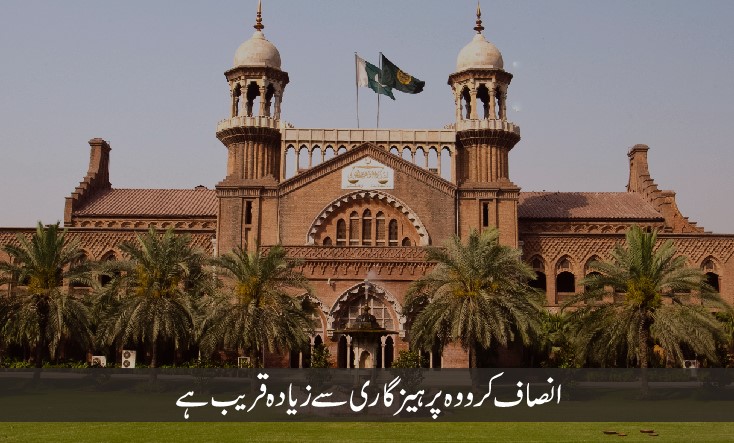
A Pakistani court sentenced a Christian man to death on charges of blasphemy.
A court in Lahore charged that Asif Pervaiz, 37, included insulting remarks about Muhammad in a text message sent to his supervisor at the garment factory where he had worked.
Pervaiz was also sentenced to a fine of 50,000 Pakistani rupees ($300), and three years’ imprisonment.
His lawyer told Reuters he would appeal the sentence. The lawyer has added that Pervaiz said he was accused of blasphemy only after refusing to convert to Islam.
Pervaiz’ trial began in 2013.
Pakistan’s blasphemy laws are reportedly used to settle scores or to persecute religious minorities; while non-Muslims constitute only 3 percent of the Pakistani population, 14 percent of blasphemy cases have been levied against them.
Many of those accused of blasphemy are murdered, and advocates of changing the law are also targeted by violence.
More than 40 people are serving a life sentence or face execution for blasphemy in the country.
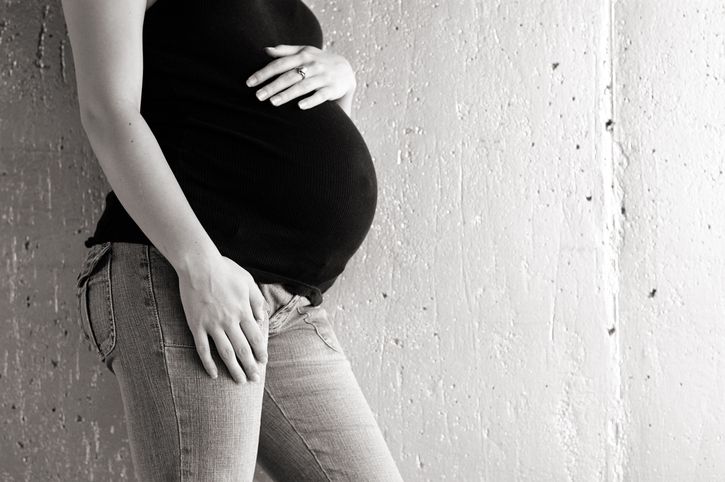
Pro-life advocates have expressed concern over another significant rise in abortion figures in the UK.
The first six months of this year saw over 4,296 more abortions in England and Wales than the same period of last year giving a total of 109,836 abortions between 1 January and 30 June 2020.
And that came despite 2019 recording the highest number of abortions ever for England and Wales when there was one abortion for every three live births.
Catherine Robinson of Right to Life UK called the figures a national tragedy.
She said they represent a failure by society to protect life and a failure to offer full support to women with unplanned pregnancies.
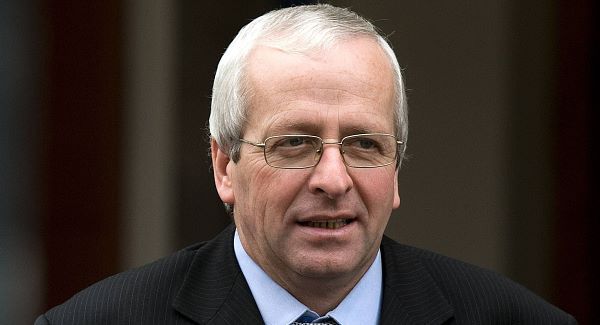
There is “no logic” to regulations in the hospitality sector where a hotel can hold a wedding with up to 50 people but cannot host a funeral party for the same number the Dáil has been told.
Independent TD Mattie McGrath said there were “blatant contradictions” in the regulations.
He said a hotel “can hold a wedding reception for up to 50 people but may only host a party of six for any other important family event such as a christening, a birthday or, sadly, a bereavement.
“This is decimating their businesses. It is bizarre, illogical, devastating to the industry and dangerous for the very spirit of our community way of life”.
The Tipperary TD was speaking as he introduced a private member’s motion calling for the removal of the regulations.
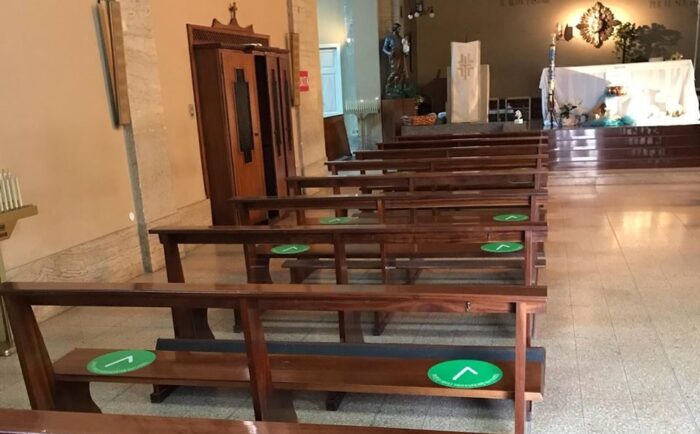
Observance of social distancing restrictions had become lax in Catholic parishes and must be tightened up due the growing number of Covid-19 cases in greater Dublin, Catholic Archbishop Diarmuid Martin has said.
In a statement issued to all 197 of Dublin’s Catholic parishes on Tuesday evening, he said indications were “that social distancing in some cases has become loose, especially before and after liturgical ceremonies. I know that the public health authorities have contacted several bishops concerned about breaches of social distancing,” he said.
“I have seen some examples in our Dublin churches and indeed some parishes have published photos on parish websites that indicate poor practice. I would ask all parishes to examine carefully how they can foster staggered exiting from churches and prevent gatherings at church entrances,” he said.
“In addition, I would remind parishes that the norms which permit gatherings of up to 50 people or ‘pods’ of 50 people in church buildings applies to religious services alone. For any other gatherings such as meetings or concerts, the limit is six people.”

The Labour Party is fully supporting an assisted-suicide bill, due to be debated in the Dáil next week.
The private members’ bill, being tabled by Solidarity-People Before Profit TD Gino Kenny and originally designed by former minister John Halligan, would empower medical doctors to euthanise terminally ill people.
The bill faces stiff opposition from the Government, but is being strongly backed by cancer campaigner Vicky Phelan.
Alan Kelly, the Labour leader, said the idea of kicking the issue into the Constitutional Convention is not an acceptable option.
“I believe we as a political class need to deal with this quicker than many people realise. Gino’s bill is good but it needs tailoring and I am sure he is open to that,” he said.
“It is down to us in the Dáil to deal with it as legislators. Yes this will take a considerable amount of research and time but it is the next big issue we need to address,” he said.
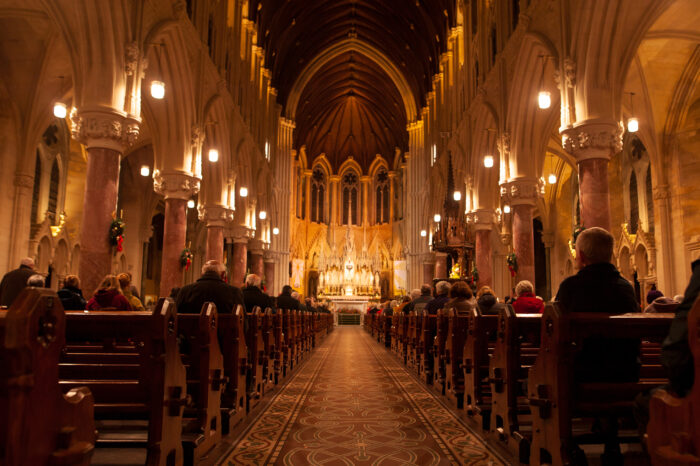
A new survey shows the vast majority of Catholics in the UK participated in online worship during the COVID-19 lockdown, but most are eager to return to in-person Masses.
The Coronavirus, Church & You report was commissioned by Catholic Voices, and was part of a wider survey of Christian responses in the UK to the COVID-19 crisis.
Around 93 percent of those surveyed said they participated in online worship, although the authors of the report cautioned this number was probably artificially high due to the way the participants were selected – bishops and other clergy promoted the survey, meaning the vast majority of the 2,500 people polled were regular churchgoers.
The survey also asked what might happen after lockdown when churches re-open (fully). “Well over half (61 percent) said they would revert back to services in church, but 35 percent said they would use online worship sometimes if it was available. There seemed little danger of a mass exodus to the virtual world, with only 4 percent thinking they would worship mainly or entirely online,” the report says.
Brenden Thompson, the CEO of Catholic Voices, said whilst many Catholics have been grateful for the online provision, they are on the whole “ready to get back to the real thing”.
“Many priests I am speaking to, at least anecdotally, say that as many as 30-50 percent of their parishioners have returned since churches have reopened. The results of this survey make me cautiously optimistic that, in time, many more will also return,” he said.

The international community must hold Pakistan to account for the kidnapping, sexual assault and forcible conversions of young girls of religious minorities, according to a leading human rights firm.
Tehmina Arora, Director of Advocacy, Asia for ADF International was commenting after a fourteen-year-old girl, Maira Shabbaz, and her family went into hiding after she escaped her abductor who had forcibly married her.
“While the deteriorating situation for Christians and other religious minorities in Pakistan has been well documented, little action has been taken by local authorities, to protect their rights. In Pakistan, young Christian girls are abducted and converted through forcible marriage simply because of their faith. The case of Maira is a shocking example of these practices,” she said.
“The previous Lahore High Court ruling which ordered Maira to return to her abductors, endangered all Christian girls in the country. The government of Pakistan and the courts must protect the rights of minor girls who are being forced into these marriages”.
“We hope the international community will open its eyes to what is happening in Pakistan and help protect Christians and other minorities who belong to some of the most vulnerable groups in the country.”